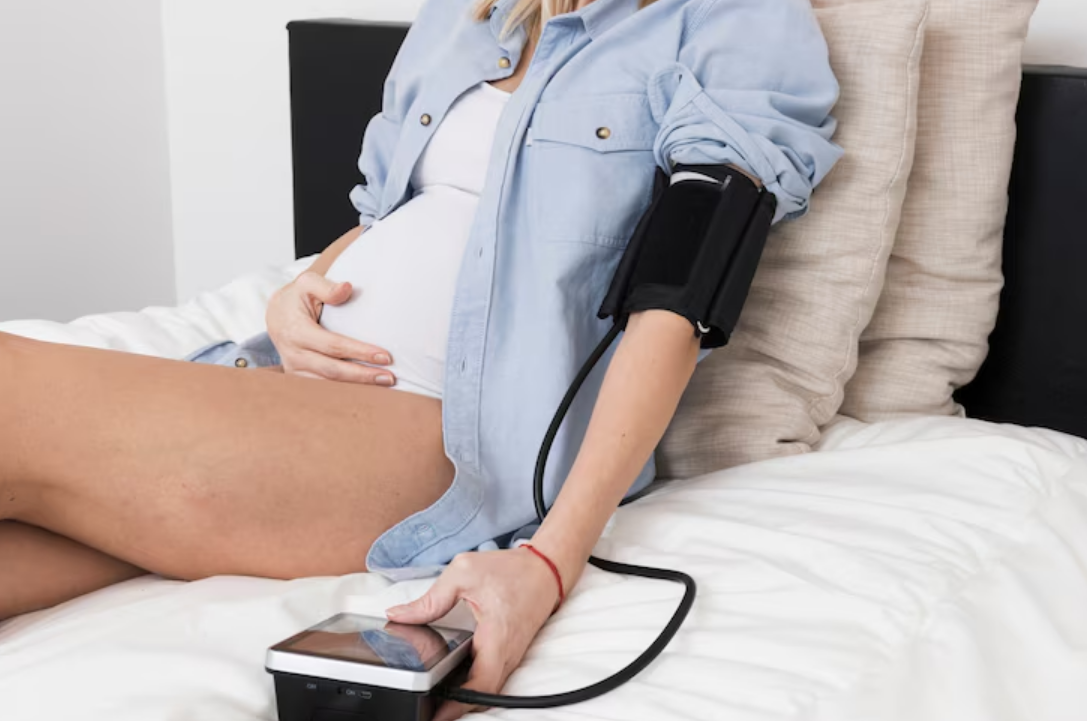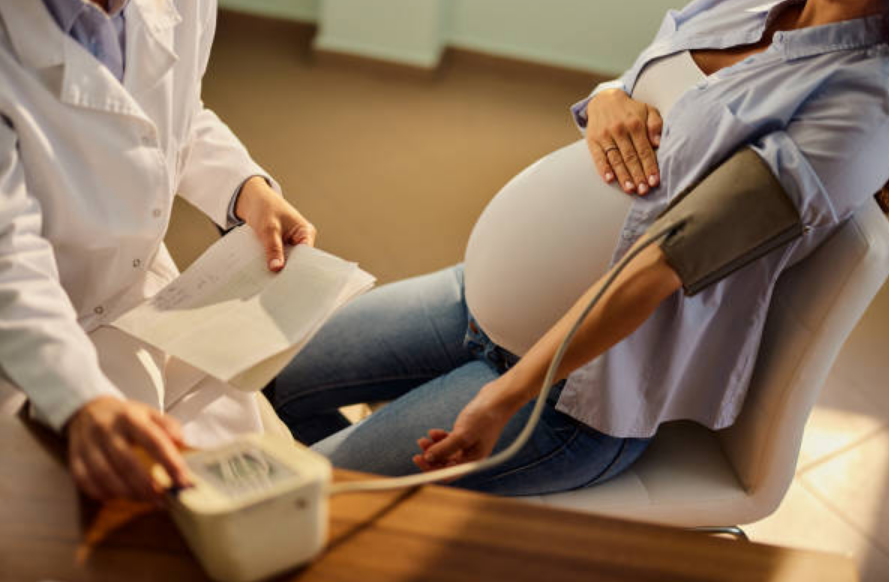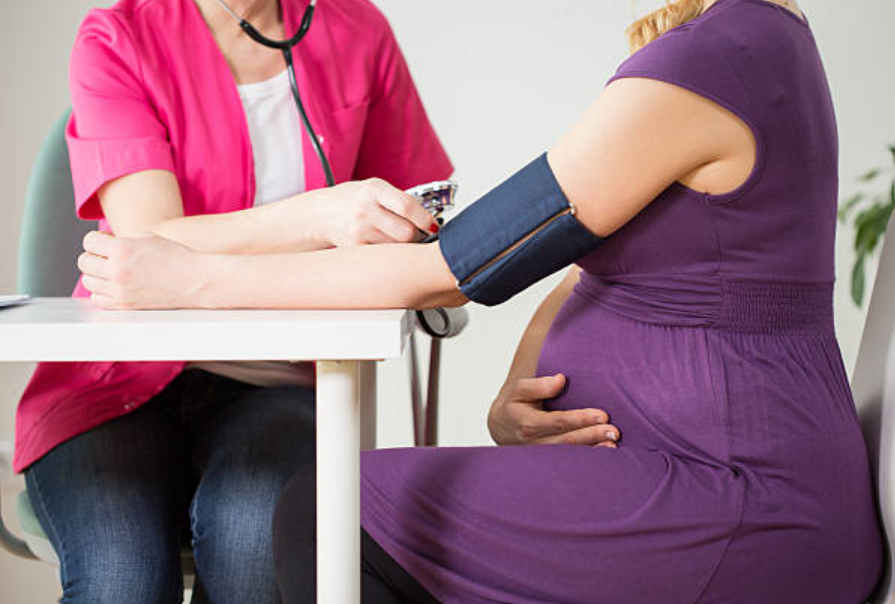-1750416907637.webp)
Pregnancy brings many changes to a woman's body, and some of these changes require careful attention. High blood pressure during pregnancy affects about 10% of expectant mothers and can develop into serious complications if not recognised early. Understanding the warning signs becomes crucial for every pregnant woman and her family.
Dr Priya Sharma, Senior Consultant Gynaecologist and Obstetrician at Apollo Hospitals New Delhi, emphasises that many women dismiss early symptoms as normal pregnancy discomforts. "The dangerous thing about high blood pressure in pregnancy is that it often develops silently. Many women feel perfectly fine even when their blood pressure readings are climbing to dangerous levels," explains Dr Sharma, who has over 15 years of experience treating pregnancy complications.
High blood pressure during pregnancy can lead to preeclampsia, a condition that threatens both mother and baby. Preeclampsia can be serious or even life-threatening for both you and your baby, and can lead to life-threatening seizures or coma, a condition known as eclampsia.

Severe headaches appear as warning signs before more serious complications develop. These headaches differ from typical pregnancy headaches in their intensity and persistence. Dr Sharma describes them as throbbing headaches that don't respond to rest or mild pain relievers.
"When a pregnant woman tells me about headaches that interfere with her daily activities or wake her up at night, we immediately check her blood pressure," says Dr Sharma. These headaches often feel like pressure building inside the head and may worsen when lying down.
Common vision changes include sensations of flashing lights, auras, light sensitivity, blurry vision or spots. Dr Sharma notes that vision problems can range from mild blurriness to seeing spots or flashing lights. People with preeclampsia experience high blood pressure, protein in their pee, swelling, headaches and blurred vision.
This pain typically occurs on the right side and results from liver swelling or bleeding. Pain in the upper right part of the abdomen, under the ribcage, occurs from swelling of the liver or bleeding in the liver. "The pain is usually sharp, constant, and located specifically under the right ribcage. It may worsen with movement or deep breathing."
While mild swelling in feet and ankles is common during pregnancy, sudden swelling of the feet, ankles, face and hands signals a more serious problem. This type of swelling appears rapidly and affects the face and hands, not just the lower extremities.
Dr Sharma advises pregnant women to monitor for swelling that appears overnight or worsens significantly within a day or two. "When I see swelling in the face, especially around the eyes and lips, combined with swollen hands that make rings tight, this raises immediate concern for preeclampsia," she explains.
Don't Miss: Breast Cancer Screening For New Mothers: Is it Safe, Things To Know Before One, And More

Vomiting that occurs in the second or third trimester, especially when accompanied by other symptoms, can indicate rising blood pressure. Unlike morning sickness, this nausea doesn't improve with time and may worsen throughout the day.
"Vomiting that suddenly returns after being absent, or nausea that prevents a woman from keeping food down in her second or third trimester, needs evaluation," states Dr. Sharma. This symptom often accompanies other warning signs and may indicate that multiple organ systems are being affected.
Shortness of breath that develops suddenly or worsens rapidly can indicate fluid buildup in the lungs, a serious complication of high blood pressure in pregnancy.
Dr. Sharma emphasises that while some breathlessness is normal as the baby grows and presses against the diaphragm, sudden onset of breathing difficulties or chest tightness that interferes with normal activities needs immediate evaluation.
Trouble urinating or not urinating often indicates kidney involvement in high blood pressure complications. The kidneys become affected when blood pressure damages the small blood vessels that filter waste from the blood.
"When a pregnant woman notices she's urinating much less than usual, or her urine appears foamy or dark, this suggests the kidneys are struggling," explains Dr Sharma. Protein in the urine, which creates a foamy appearance, is one of the key diagnostic markers for preeclampsia.

If you notice any symptoms of pre-eclampsia, get medical advice immediately by calling your doctor.
Don't Miss: 5 Early Warning Signs Of Heart Blockage You Shouldn’t Ignore
Keep reading Herzindagi for more such stories.
Image Courtesy: Freepik
Also watch this video
Herzindagi video
Our aim is to provide accurate, safe and expert verified information through our articles and social media handles. The remedies, advice and tips mentioned here are for general information only. Please consult your expert before trying any kind of health, beauty, life hacks or astrology related tips. For any feedback or complaint, contact us at [email protected].